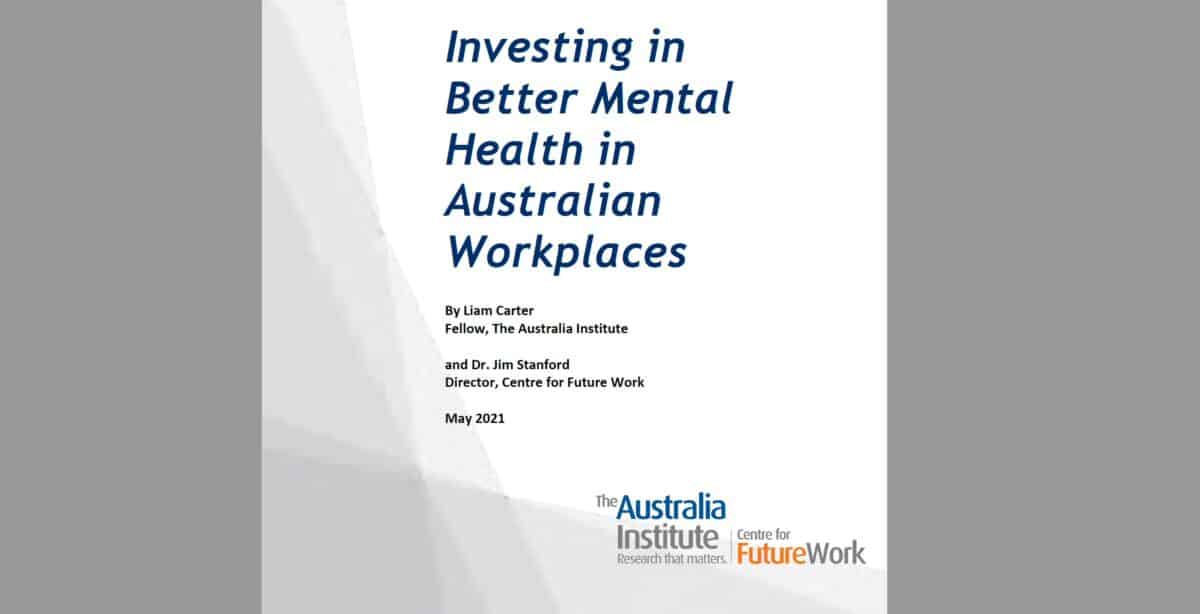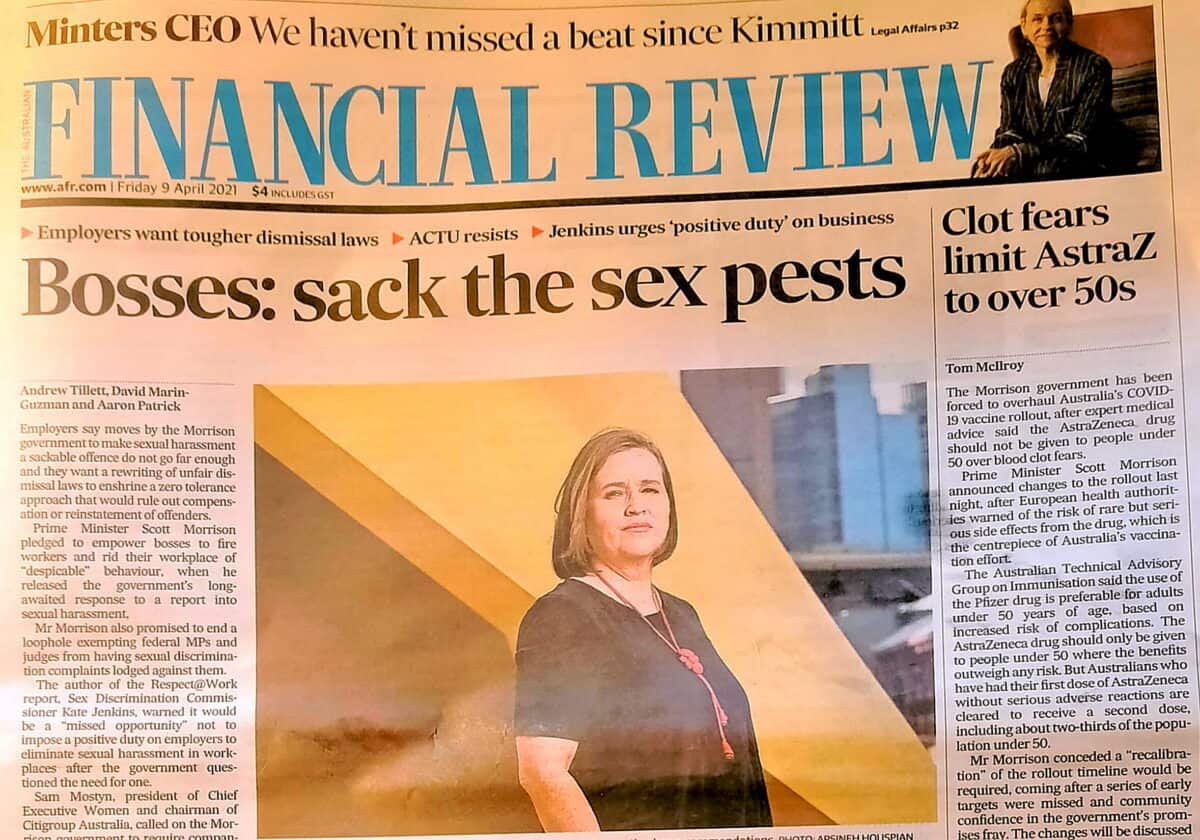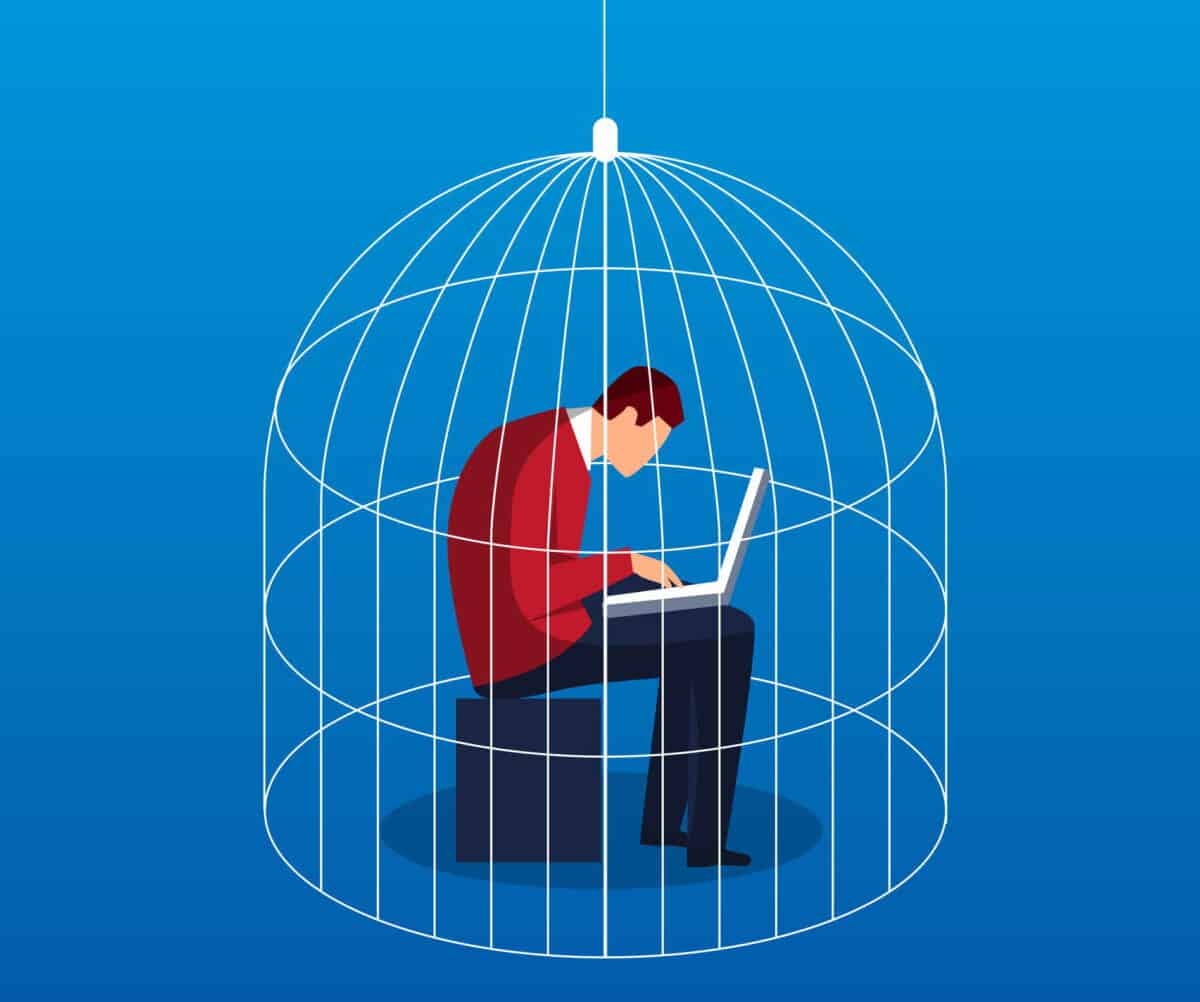Today the Governance Institute of Australia distributed a promotional email for its September national conference. These conferences often provide a useful perspective on broad occupational health and safety (OHS) issues. One gets to see how OHS is seen to fit (if at all!) in the established business and governance structures.
A key theme of this year’s conference is Culture which is a critical issue for most companies, even if they don’t realise it, and one with which the OHS profession is very familiar. However, the Institute, its members and conference delegates should be challenged to analyse Culture more deeply than what is indicated in the promotional email and article.






